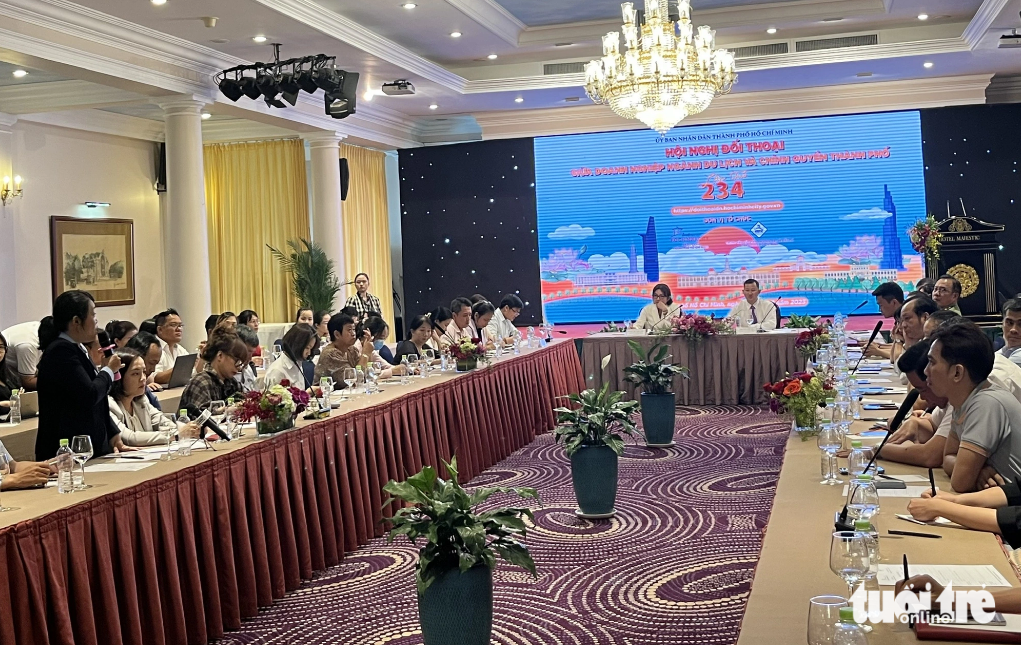Ho Chi Minh City-based enterprises active in tourism, including lodging service providers and tour operators, are still being burdened by the inflexible visa policy and stringent fire fighting and prevention regulations, which have slowed them down in the post-COVID-19 recovery, heard a dialogue on Tuesday afternoon.
The dialogue was attended by several city officials.
Speaking at the dialogue, a representative of Saigontourist said that the city is calling for promoting tourism post-pandemic, with a focus on inbound travel.
However, the number of countries eligible for Vietnam’s visa waiver program is limited, leading to weak tourist arrivals from potential source markets.
It takes tourists from the nations ineligible for the visa exemption program a lot of time and money to enter Vietnam in general and Ho Chi Minh City in particular, keeping them away from the country.
Many have opted to travel to Thailand and Singapore instead.
The representative also questioned whether there is any regulation expanding the visa waiver program, and easing the visa policy to facilitate travel firms in this challenging period.
On the topic of rigid visa policies, a representative of the Ho Chi Minh City Tourism Association said that Vietnam’s friendlier visa waiver policy took effect from August 15.
According to the amendments to the Law on Entry, Exit, Transit and Residence of Foreigners, Vietnam extended the validity of visitor e-visas for foreigners entering the nation to three months from one month.
Furthermore, foreign visitors hailing from countries and regions eligible for Vietnam’s unilateral visa waiver program can enjoy an extended maximum stay of 45 days, surpassing the current limit of 15 days.
Yet, to get an e-visa, foreign visitors must conduct multiple procedures. During the visa application process, they often find spelling mistakes and technical errors while visiting the website for service.
Vo Chien Thang, deputy head of the entry and exit management division under the Ho Chi Minh City Department of Public Security, said that the division already reported some barriers against immigration procedures to the Immigration Department.
Besides, many travel enterprises voiced issues with inspections for compliance with fire fighting and prevention regulations.
A representative of Labor Union Tourism JSC said that fire fighting and prevention management agencies require each hotel to spend at least VND6 billion (US$246,590) on equipment and technical aspects for fire prevention operations, piling financial pressure on hoteliers.
Like us on Facebook or follow us on Twitter to get the latest news about Vietnam!





















































